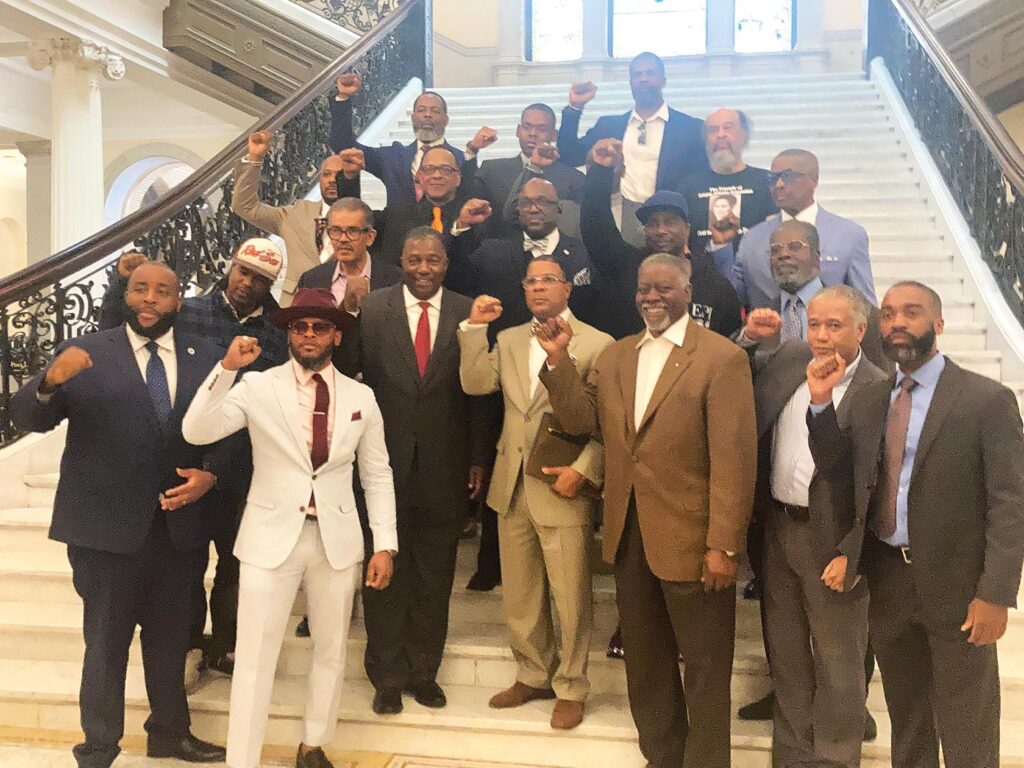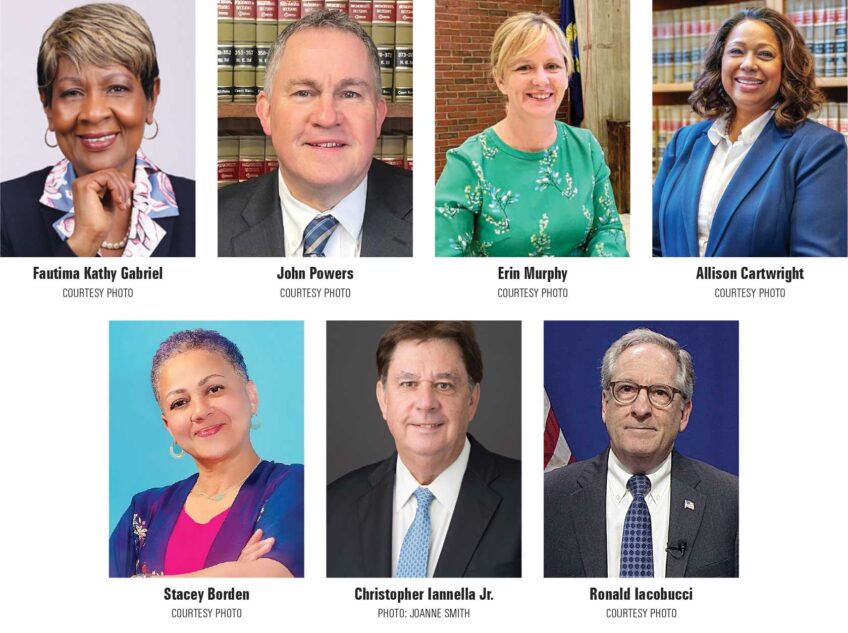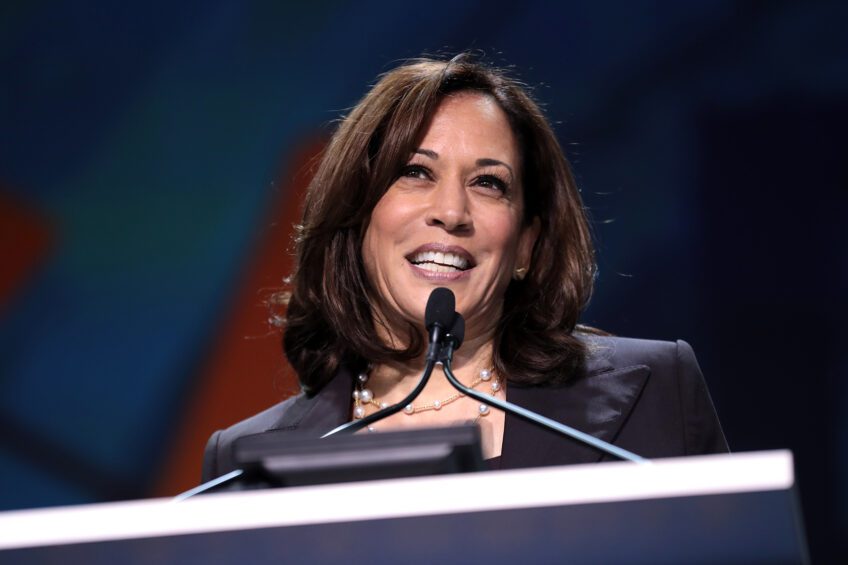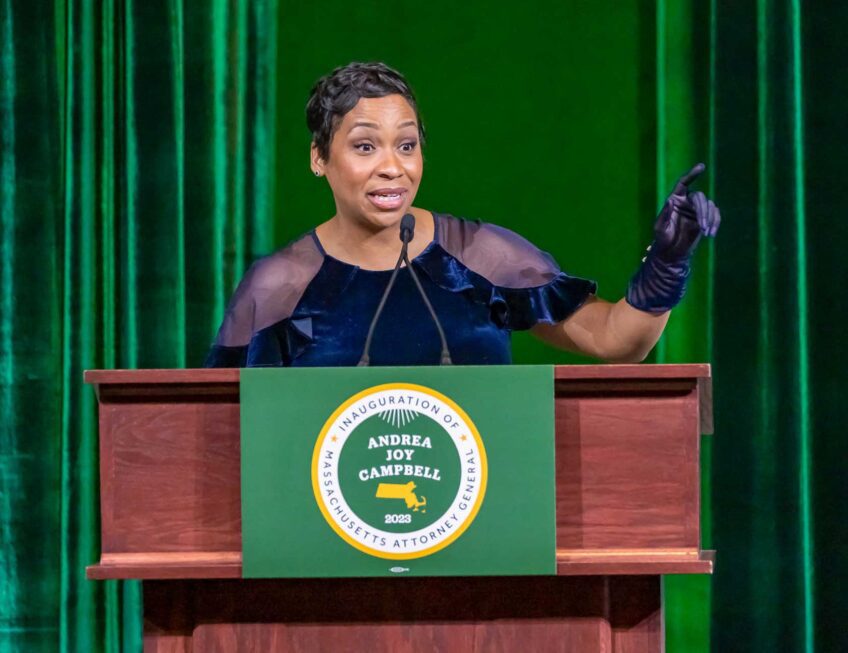Black Men’s Task Force calls for change
Group proposes new legislative platform for empowerment

When Rev. Miniard Culpepper ran for state senate last fall to represent a Dorchester-based district, he noticed a significant lack of Black men participating in all levels of politics. His determination to close that gap led to the formation this month of the Black Men’s Political Task Force to increase the number of Black men engaging with local politics.
“We formed the Black Men’s Political Task Force to provide political training, voting rights training,” Culpepper, the president of the organization, said. “We want to lobby for the appointment of Black men to positions of leadership and government at all levels.”
The Task Force currently has over 40 members from around the Boston area who are passionate about the organization’s purpose and message. Culpepper said the Task Force is looking to propose a “new deal,” citing a Brookings Institution article by Camille Busette advocating for specific policy and programs tailored to uplifting Black men and boys.
Only 28% of Black men have a bachelor’s degree or higher and are also more likely to experience unemployment and lower pay compared to other demographics. Black men are five times more likely than white men to be incarcerated and are overrepresented in the prison population, according to Brookings.
“When you think about where we are, and you think about the excluded, underrepresented, devalued, and you look at our place in society, we believe that as Black men that we must advocate for Black men to participate in a more meaningful way,” Culpepper said.
Louis Elisa, the chair of the Task Force, said members want elected officials to know there are qualified and capable Black men in the city and state to do the job.
“We’ve come together to create a platform of opportunity and an environment for Black males committed to wanting to work on the political spectrum to learn more about how it operates and making their voices heard,” he said.
On April 12, the Task Force held a news conference outside the State House in opposition to a bill that would allow incarcerated people to donate organs in exchange for having their sentence reduced by 60 to 365 days. After speaking with the bill’s four sponsors, Rep. Bud Williams from the 11th Hamden district in Springfield agreed to remove his name from the draft legislation, which is before the Joint Committee on Public Safety and Homeland Security.
“Black men who are overrepresented in prison […] would be donating their organs,” Culpepper said. “We just think it’s unethical to put someone in a predicament where in order to have a sentence reduction that they donate an organ.”
Other issues the Task Force is planning to work toward is moving Boston from an appointed to an elected school committee, speaking with the Boston Police Commissioner Michael Cox about an incident involving a Black man named Larry Green and seeing more Black men named to Gov. Maura Healey’s transition team.
“We’ll target issues that affect Black men in particular. We plan to make it known to the community when there’s legislation or bills or positions that are taken adverse to the community and we plan to serve a political role that Black men have not in years past and recent years served in the city of Boston and in the state of Massachusetts,” he said.
Elisa added that the Task Force is planning to work with Sen. Elizabeth Warren, Sen. Markey and Rep. Ayanna Presley to help give them direction on how to best help their community.
“We want to be a part of the process to help identify how that legislation can be shaped so that we’re clear that what they’re doing benefits everybody, particularly Black men,” Elisa said. “For young Black males coming up in society, we want to make sure that they have opportunities that other young men in our society have access to for jobs and opportunities.”
Joyce Ferriabough Bolling, a veteran political strategist and former president of the now-defunct Black Political Task Force, said there have been numerous attempts to revive the task force.
“Imitation is the greatest form of flattery, but the work is serious,” she said. “And we were very serious and deliberative in what we did as the task force.”
Ferriabough Bolling said she is happy more Black men are getting involved and praised any organization that is getting more people, particularly Black men, into politics.
“I am happy when Black men get out there and do their thing, because I think I feel as though in a lot of ways, our Black men are not given the respect that they deserve. Having Black men at the forefront sends by itself a very powerful message to our folk and to people at large that we’re taking an interest in the political empowerment of our community,” she said.
Similar to the original Black Political Task Force, this new men’s Task Force is also looking to have an impact on elections by educating citizens on important issues and candidates’ platforms.
“Because we’re a 501(c)(4), we won’t support specific candidates and we won’t give money to candidates […] but we will have an impact on who gets elected in the city of Boston and the state of Massachusetts, absolutely,” Culpepper said.
As for upcoming events, the Task Force will head back to the State House on May 25 to rally and urge the remaining three representatives to withdraw the organ donor bill. They also plan to host a combined Juneteenth and Father’s Day celebration on June 18 in Franklin Park for fathers and their children to register people to vote and get new members to sign up.
“The significance of calling for a new deal for Black men cannot be overstated,” Culpepper said. “We’ll be proposing different programs that will let people know that there’s a new deal for Black men in the city of Boston.”






